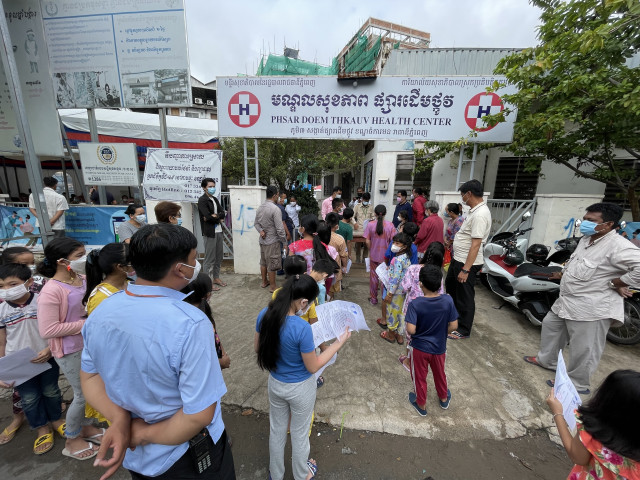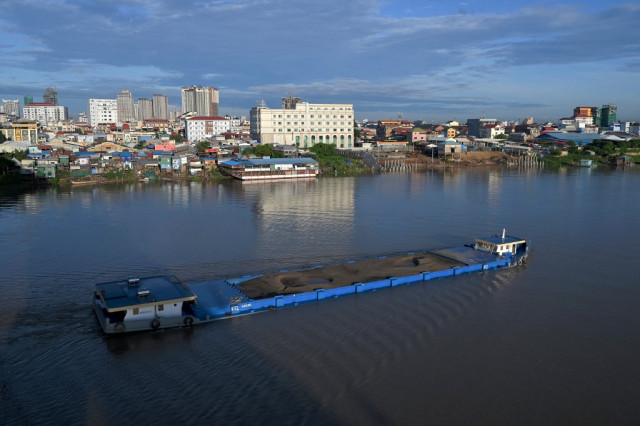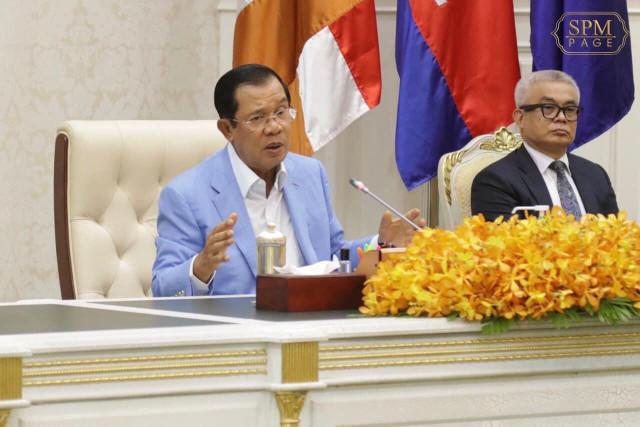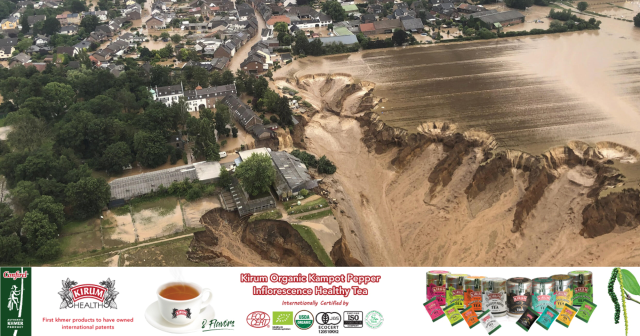Test Week for Vaccination Coverage

- By Cambodianess
- October 3, 2021 12:41 AM
In recent days, there has been news stories in some foreign media extoling the success of the vaccination campaign in the kingdom. Look at this small developing country doing better than major western powers, they say, all fired up. It is obvious that the authorities have brilliantly managed to find, whether through purchases or donations, the millions of doses needed to reach maximum vaccination coverage. Then a step-by-step vaccination strategy, allocating the first available doses to high-risk zones and then spreading the campaign to ever area by stages, was well thought of and efficiently carried out.
Those who have been raving over the success of this campaign maybe thought that Cambodia—a small developing country with poor health infrastructures—was incapable of organizing an operation of this magnitude considering the organization, coordination and the extensive mobilization of human resources it requires.
This is knowing very little of the country and the extremely structured and vertical way in which the various institutions and administrations operate when a general mobilization order is issued to manage a crisis.
Moreover, the authorities here did not have to deal with an anti-vaccination movement as we have seen in several western countries. There has been no need for coercive measures to bring the population to go to vaccination centers. On the contrary, this has rather been a race to be as quickly as possible in possession of the vaccination card duly stamped for the first two dozes, and then a race for the third one. And many are already in the starting blocks for the fourth dose.
Therefore on the technical front, yes, this campaign deserves to be described as a model and the authorities are legitimately in a position to congratulate themselves and take the opportunity to proudly fill up their chests in front of those who denigrate them and are always giving them lessons.
However, there is a huge spanner in the works. In spite of the extraordinary vaccination coverage, the pandemic still is not contained. The coronavirus is circulating and, over the last few weeks, there has even been a recurrence in the spread of the dreaded Delta variant. It was well known that vaccination would not eliminate the coronavirus but that, at the very least, it would reduce the rate of contamination and especially reduce the severe forms of the disease that require intensive care and carry a high risk of mortality. In the end, the ultimate goal of vaccination is to make it possible to live with it and this, without specific constraints other than abiding by protective measures.
It must be noted that we are not there yet since measures to restrain activities are still in place. The days of national holiday marking Pchum Ben, which starts Monday, will serve as a test to see where the country stands in terms of collective capacity to protect against the coronavirus, which vaccination is meant to provide.
During the week, everyone will want to go to his home village or town to meet his family and fulfill his Buddhist obligations toward his ancestors even if going to pagodas is not possible. Will this week be a rebound point in the increase of cases? Or will it be confirmation that vaccination, in addition to being a success from a technical perspective, will also be one from a healthcare standpoint, and that the time to “live with it” has actually come. If the second option prevails, which we should eagerly wish, then yes, we will be able to use all the superlatives in the vocabulary to speak of this vaccination campaign and of the authorities who have led it. But at this point, it’s still too early.















